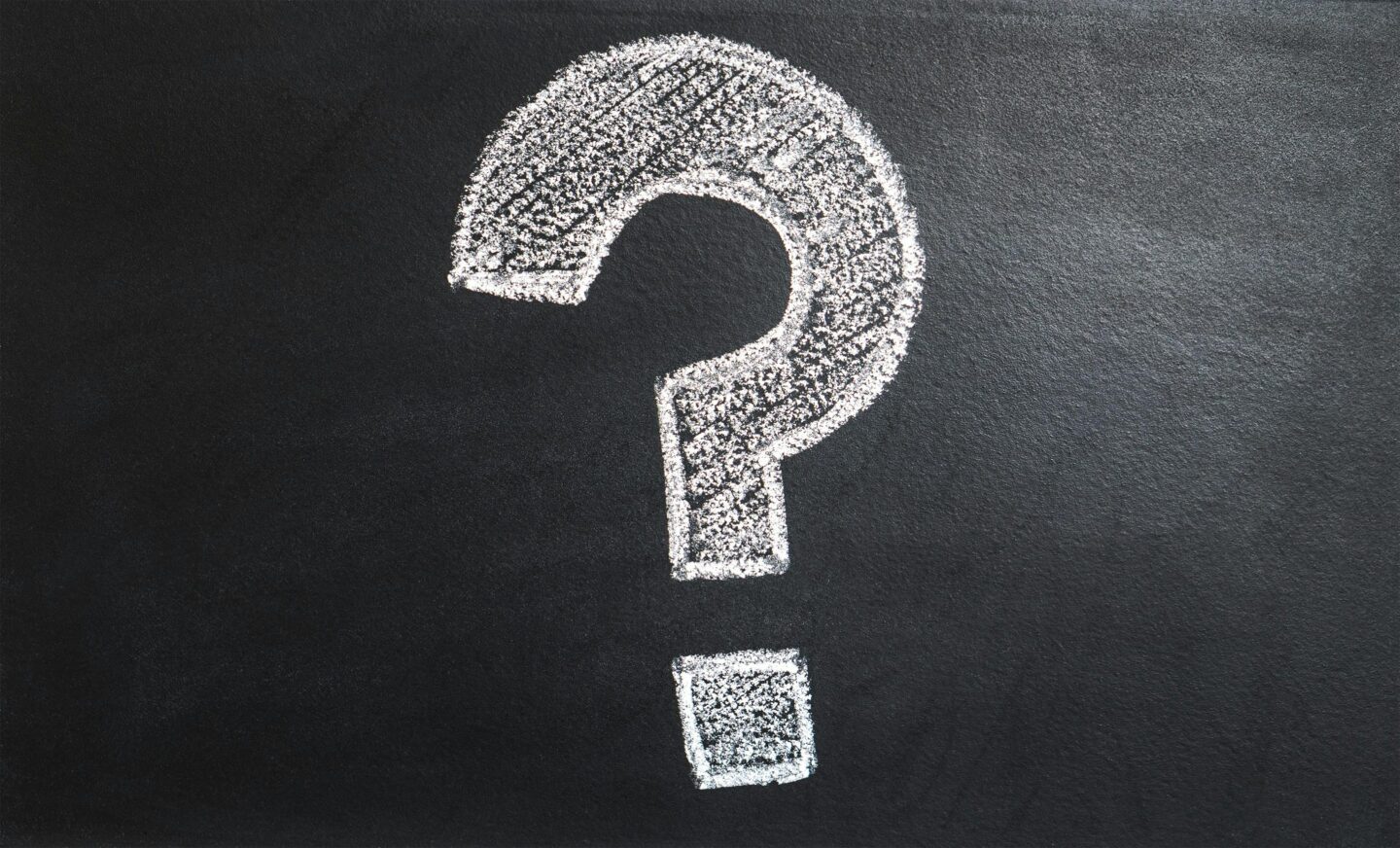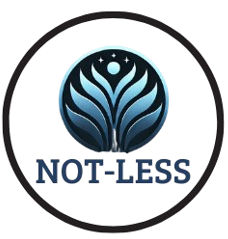
When I first began looking for resources for living childfree not by choice, I thought I’d find shelves of books, communities, podcasts, and tools waiting for me. The truth? It took me over a year and a half of searching, testing, and stumbling into spaces that felt safe enough to breathe. Today I want to share what I’ve found—because if you’re like me, you don’t just want validation, you want practical support that helps you move forward.
Before I dive in, you’ll notice that many of these resources use the word childless. I’ll be honest: I don’t like that word. It makes me feel “less,” as if my worth is defined by what I don’t have. But it is the most common term used in the childfree not by choice community, and avoiding it would mean cutting you off from valuable resources. So, while I don’t embrace the label, I do embrace the healing tools and communities behind it.
And if you’ve ever typed into Google, “how to accept being childless,” “support groups for childless after infertility,” or even “does the pain of infertility ever go away?”—you’re not alone. Those searches reflect what so many of us are quietly asking. Below are some of the places I’ve found that begin to answer those questions.
Books
There’s something about holding someone else’s story in your hands that makes you feel less alone. Memoirs like Living the Life Unexpected by Jody Day or Silent Sorority that trace the arc from infertility grief to rebuilding life afterward, are powerful.
If you’ve wondered “can you be happy without having kids?”—these books remind us that the answer can be yes. They show us women who have walked through grief and into a new chapter, not defined by motherhood, but still full of meaning.
Podcasts
Sometimes you need a voice in your ear that simply says, “I get it.” Podcasts like The Full Stop do exactly that. They challenge stigma and center the voices of those living childfree not by choice.
If you’ve ever searched “how do I cope with the grief of infertility?”—these conversations are like a balm. They’ve helped me feel less isolated, less invisible, and more hopeful that healing is possible.
Websites & Communities
Community is one of the biggest needs after infertility ends without children. Many people search “support groups for childless after infertility” or “childless not by choice forums.” That was me too.
Gateway Women and the The Childless Collective remain some of the best-known communities for this journey. Online forums, private Facebook groups, and Instagram spaces have also become lifelines. They offer the comfort of anonymity and the power of connection when grief feels overwhelming.
Articles & Essays
Sometimes one essay is enough to shift the way you see yourself. My own HuffPost piece was born from this very need: to name the shame, to stop whispering, and to claim the truth of my 20-year pursuit of parenthood that ended in letting go.
Other powerful reads include essays where women speak to questions like “why does infertility hurt so much?” and “how do I deal with friends having babies when I can’t?”
If you want a personal take, you can also read my post When Your Friend Has a Baby—And You Don’t or my reflection on Rethinking “Childless” Through the Lens of Kamala Harris. Both dig into the emotions and the labels that shape our stories.
Tools
Healing doesn’t always look big—it can start small. Here are a few tools that have grounded me:
- Journaling prompts—especially for questions like “how to find purpose after infertility.” Writing helped me uncover meaning beyond motherhood.
- Therapy directories—because “where can I find counseling for infertility grief?” is a search I made myself. RESOLVE is a great starting place.
- Instagram accounts—nourishing feeds filled with women living childfree not by choice, reminding me daily that our lives are not defined by absence.
Final Thoughts
Living childfree not by choice is not a path any of us planned. But it’s a path we’re walking. And we deserve maps, markers, and companions along the way. My hope is that this list of resources saves you some of the lonely searching I went through.
Because your story isn’t over. And you are not less.

